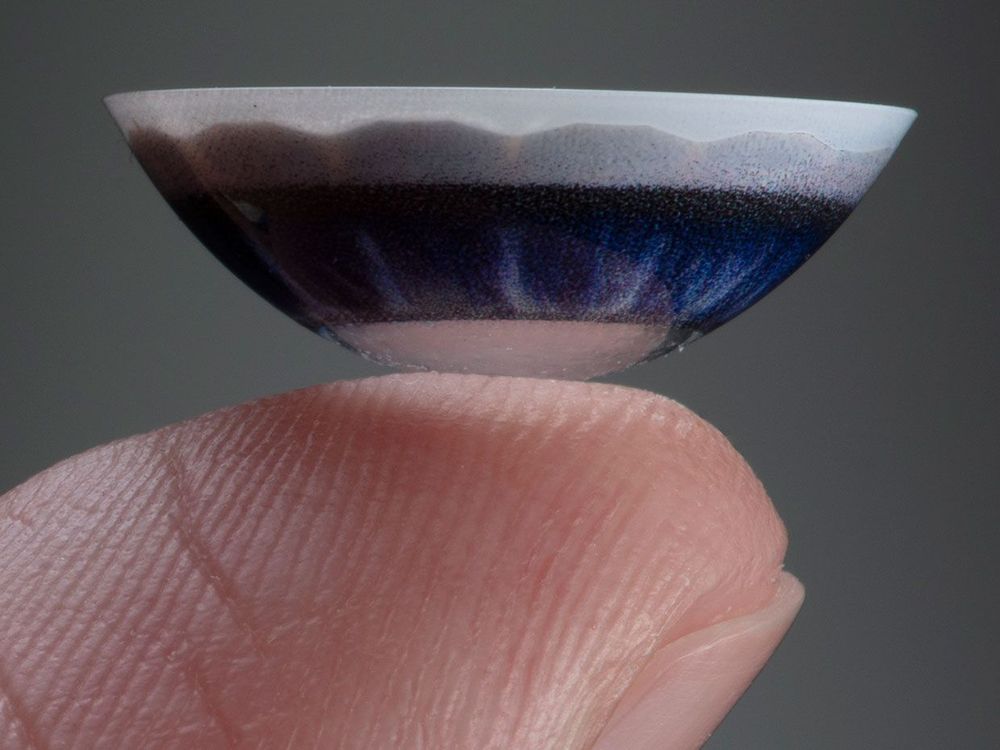
Today, countless electronic devices have touchscreens, including smart phones, tablets and smart home appliances. Touchscreen interfaces have become some of the most common means for users to communicate with and browse through their devices.
With this in mind, a research group at imec in Belgium has recently carried out a study exploring the potential of touchscreen interfaces for enabling the simple transfer of data to and from devices connected to the internet. In a paper published in Nature Electronics, the team showed that commercial touchscreens can be used as reader interfaces for capacitive coupled data transfer using a 12-bit, thin-film identification tag powered by a battery or photovoltaic cell.
“Our field of expertise is flexible electronics for IoT and Internet of Everything applications,” Kris Myny, principal scientist at imec and one of the researchers who carried out the study, told Tech Xplore. “In this field, we look into thin-film circuits, i.e. flexible RFID tags that can be embedded in objects and communicate to RFID and/or NFC readers. Based on this, our next step was to investigate whether we could expand the number of readers.”

















